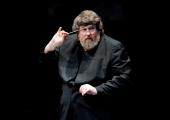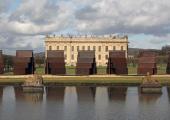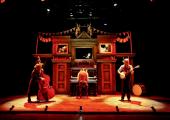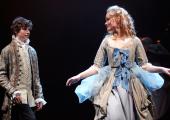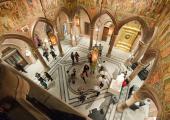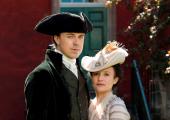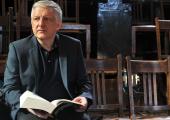theartsdesk in Bergen: Sunny Festival in the City of Rain
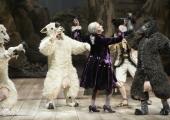
Irreverent Handel and serious Beethoven make for a heady combination
“Bergen is the most beautiful city in the world when it doesn’t rain,” said one Norwegian to me. There was a pause. “It always rains in Bergen.” Mention Norway’s second city to anyone and the first reaction is always the same. They don’t describe the UNESCO World Heritage Site that is the quayside Bryggen quarter, nor the city’s astonishing outlook – caught between mountains and sea – nor even the annual Bergen International Festival, the largest festival of its kind in the Nordic countries. They talk about the weather.

